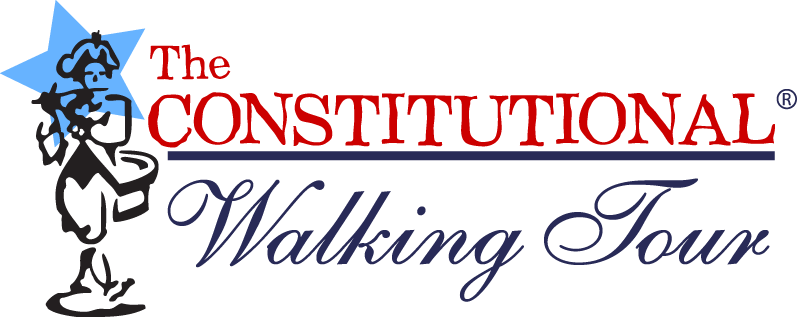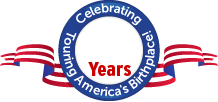Related Posts
- Buy Tickets for The Constitutional Walking Tour of Philadelphia – See 20+ Sites on a Primary Overview of Independence Park, including the Liberty Bell and Independence Hall
- First Continental Congress
- Carpenters' Hall
Birth: May 29, 1736
Death: June 6, 1799 (age 63)
Colony: Virginia
Occupation: Plantation Owner, Lawyer, Politician
Significance: Served as the First and Sixth Governor of Virginia (1176-1779, 1784-1786)

Patrick Henry was one of the Founding Fathers of the United States. Born in Virginia, Henry was educated until the age of 10. Henry was largely self taught beyond that, and he was able to study law on his own and pass the Bar in Virginia in 1760. As unrest developed between Great Britain and the American Colonies following the French and Indian War, Henry became a leading voice in Virginia against British policies.
Henry became known as a fiery orator and a passionate advocate of Colonist rights. In 1774, Henry was chosen to be one Virginia's representatives to the First Continental Congress. Henry arrived believing that war with Britain was inevitable, and their job should be to try and unite the Colonists in support of war. However, he found that the majority of the Delegates disagreed since those Delegates still hoped to reconcile with Britain. While Henry's influence at the First Continental Congress may not have been that great, Henry left his mark with his profound words. Standing before everyone at the beginning of the First Continental Congress, Henry famously declared:
"The distinctions between Virginians, Pennsylvanians and New Englanders are no more. I am not a Virginian, but an American."
In other words, it was Henry who first created the concept of the American identity. After the conclusion of the First Continental Congress, Henry returned home where he participated in the Second Virginia Convention, where he also left his indelible mark on history with his famous "Give Me Liberty or Give Me Death" words. Henry gave a speech that has echoed for the centuries that have since passed:
"If we were base enough to desire it, it is now too late to retire from the contest. There is no retreat but in submission and slavery! Our chains are forged! Their clanking may be heard on the plains of Boston! The war is inevitable and let it come! I repeat it, sir, let it come.
It is in vain, sir, to extenuate the matter. Gentlemen may cry, Peace, Peace but there is no peace. The war is actually begun! The next gale that sweeps from the north will bring to our ears the clash of resounding arms! Our brethren are already in the field! Why stand we here idle? What is it that gentlemen wish? What would they have? Is life so dear, or peace so sweet, as to be purchased at the price of chains and slavery? Forbid it, Almighty God! I know not what course others may take; but as for me, give me liberty or give me death!"
Henry backed his words with actions and joined the Continental Army, serving as Colonel of the 1st Virginia Regiment. Henry did not see military action however before he was elected to be the Governor of Virginia on July 5, 1776. As Governor, Henry was a very vocal supporter of George Washington since Washington continued to support him despite his initial lack of military success. Henry also tried to support Washington by sending him supplies and troops as his office allowed.
Prevented by law for running for another term, Henry stepped down as Governor of Virginia in 1779. In 1784, after changes to the law allowed him to run again, Henry again was once again elected Governor of Virginia, this time during the relative peace that followed the American Revolutionary War. Henry won a fifth term as Governor before stepping down in 1786.
Henry continued to serve in the Virginia state government periodically until his death in 1799.
Patrick Henry in Philadelphia
Patrick Henry arrived in Philadelphia in 1774 as a delegate to the First Continental Congress in 1774, during which time he worked at Carpenters' Hall. Today, Carpenters' Hall is visited on The Constitutional Walking Tour! Thanks to Henry, Carpenters' Hall is known as the Birthplace of the American Identity.




